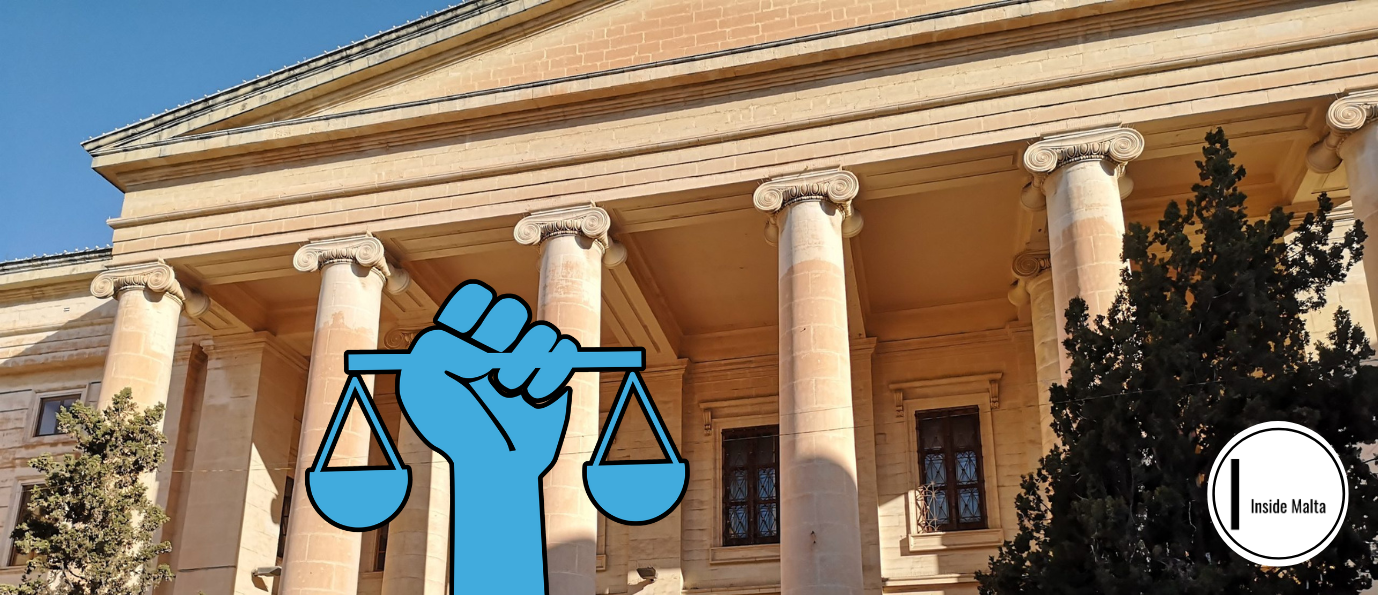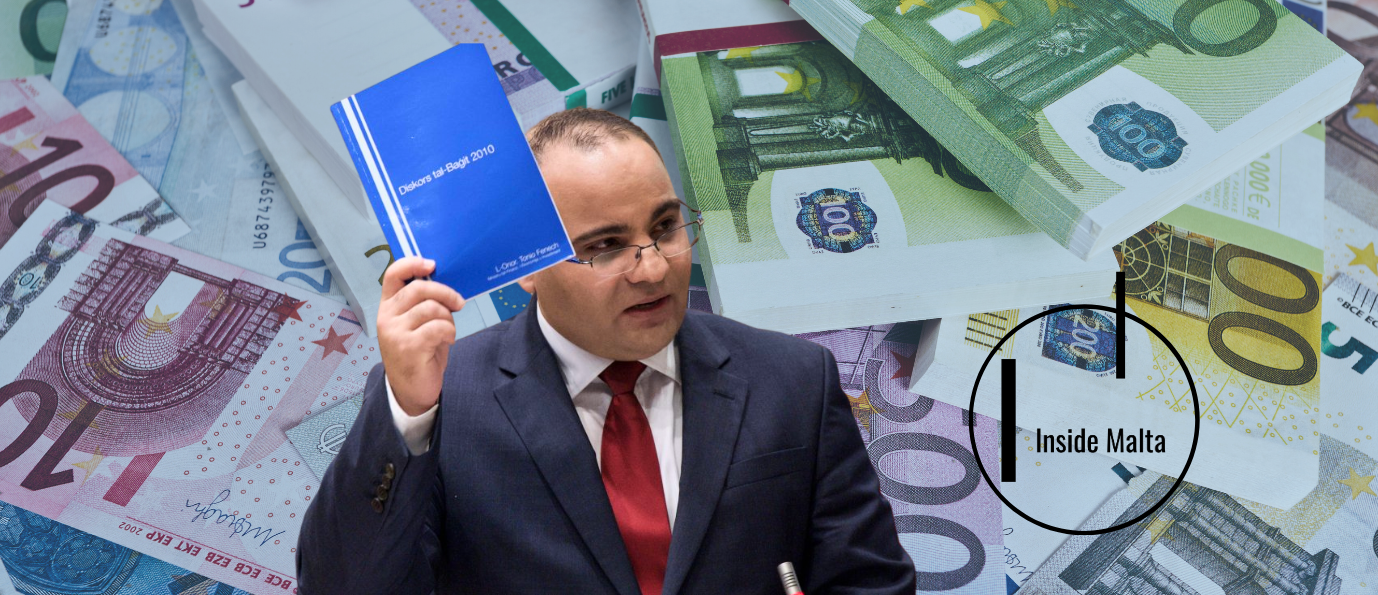Among EU countries, Malta spends the most on education. Yet, shockingly, it also ranks fourth lowest in terms of educational attainment. Malta’s economic and social development is hindered by this paradoxical situation.
We dig into the roots of this crisis, exposing a system that’s failing students and educators.
Education Paradox: Low Achievement, High Expenditure
Eurostat data paints a concerning picture. In 2023, a staggering 40.8% of Malta’s population lacked an upper secondary education. This stands in stark contrast to the EU average of 22.9%. Malta shares this low achievement with only Portugal, Italy, and Spain.
While expenditure might not guarantee success, a significant investment implies a focus on improvement. However, despite being the third-highest spender on education in the EU, Malta’s results remain below average. This begs the question: where is the disconnect?
Teacher Woes: Cost of Living Crisis and the Erosion of Quality
Looking beyond the numbers, we see the challenges faced by educators. Malta’s rising cost of living is hurting teacher salaries, impacting their morale and well-being.
Teacher strikes, while disruptive to student learning, are a symptom, not the cause, of the underlying issues. These strikes highlight educators’ frustration with trying to make ends meet and still deliver quality education.
The cost of living crisis and teachers’ fight for fair pay
Malta’s teachers are struggling because of the cost of living crisis. This financial strain directly impacts their ability to perform effectively. The recent disputes between the Malta Union of Teachers (MUT) and the government further illustrate the disconnect.
Student learning is disrupted by teacher strikes, but the root cause lies in the government’s proposed solutions. The offered pay increases come in the form of allowances, not a direct salary increase. Experienced teachers, especially those who stand to gain the least, feel this undermines their value.
Broken Promises: Investing in Teachers, or Just Words?
Prime Minister Robert Abela has stated that “investment in education is fundamental for Malta’s future.” However, actions speak louder than words.
The government’s proposed contract, criticized by the Malta Union of Teachers, raises questions about not investing enough in teachers.
This proposed contract prioritises short-term solutions over long-term improvements in the teaching profession, demonstrating a lack of genuine investment in educators.
The Private Tutor Boom: A Symptom of a Failing System
A staggering 60% of Maltese students rely on private tutors, a trend highlighting a failing public education system. This reliance on private tuition creates an uneven playing field, forcing families to seek additional, often expensive, support to compensate for shortcomings in the public system. This trend can widen social inequalities, as not all families can afford private tutoring.
A Call to Action for Educational Reform
The situation in Malta’s education system is alarming. Low educational attainment, high spending with questionable returns, and a government failing to address the root causes all contribute to this crisis.
We need a strong call to action for educational reform. This reform must prioritize investing in quality public education, improving teacher pay and working conditions, and implementing evidence-based educational strategies. Only then can Malta bridge the gap between rhetoric and reality, ensuring a bright future for its students and its economy.















